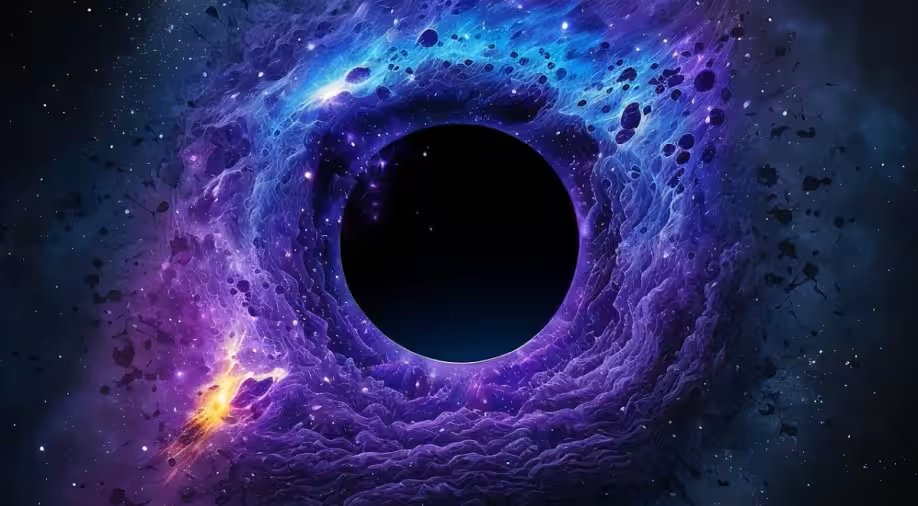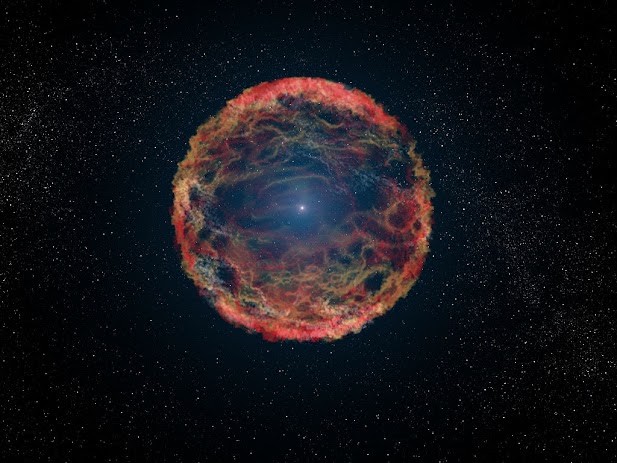For the past 35 years, a mysterious light has been blinking in space every 21 minutes.

Scientists are puzzled by this phenomenon, as it doesn’t fit the characteristics of any known pulsating space objects. The light source, named GPM J1839–10, has been consistently pulsating since its first observation in 1988.
In the universe, many energy sources emit light in a rhythmic pattern. Some of these pulsating objects include pulsars, which are rapidly rotating neutron stars with strong magnetic fields. These pulsars generate radio jets at their magnetic poles, creating a consistent pulse. However, pulsars usually spin incredibly fast, with the longest pulse interval being about a minute. The 21-minute pulse interval of GPM J1839–10 is unusually long for a pulsar.
Other possibilities include magnetars, a type of neutron star known for bursts of activity, and magnetized white dwarfs. However, these options also have inconsistencies. Magnetars usually produce X-rays along with their radio bursts, and the last known magnetar with a similar pulse interval stopped emitting after about three years.
GPM J1839–10, on the other hand, doesn’t seem to be producing X-rays and has been emitting for over three decades. As for the magnetized white dwarf theory, it’s a long sH๏τ as we’ve never seen a white dwarf give off super-bright radio emission before.
Despite these challenges, researchers are not ready to dismiss any possibilities. Further investigations are needed to solve the mystery of GPM J1839–10. Until then, this strange light will continue to pulse every 21 minutes, promising answers to big questions about our universe.
Research Paper





